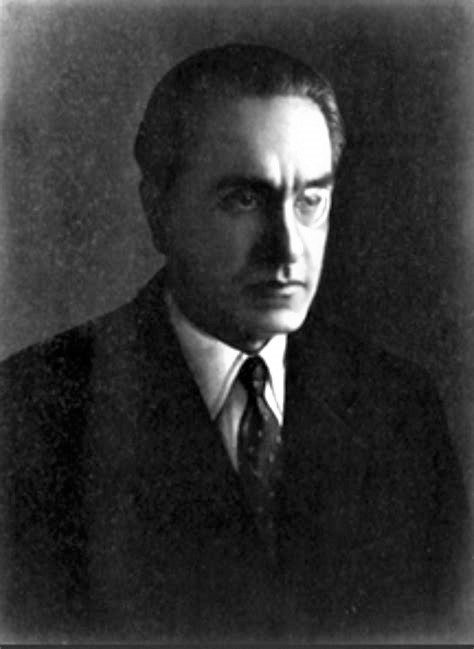More languages
More actions
mNo edit summary Tag: Visual edit |
PuzzledFox99 (talk | contribs) No edit summary |
||
| Line 27: | Line 27: | ||
<references /> | <references /> | ||
[[Category:Fascist philosophers]] | [[Category:Fascist philosophers]] | ||
[[Category:Monarchists]] | |||
Latest revision as of 14:12, 28 October 2024
Julius Evola Giulio Evola | |
|---|---|
 | |
| Born | 19 May 1898 Rome, Italy |
| Died | 11 June 1974 Rome, Italy |
| School tradition | Monarchism Occultism Traditionalism |
Giulio Cesare Andrea Evola (19 May 1898 – 11 June 1974) was an ultra-reactionary Italian philosopher. He believed in cyclical time and accelerationism to advance society to the next mythological age.[1]
He influenced Mussolini but criticized him and other fascists for not being "pure" enough. After the Second World War, he continued to defend fascism and tried to separate it from specific policies that led to Hitler and Mussolini's downfall.[2]
Early life[edit | edit source]
Evola was born in a Catholic family but soon rejected Catholicism. He fought in the First World War and was briefly involved in the futurist art movement.[1]
Second World War[edit | edit source]
In 1943, Evola was present at Hitler's headquarters when the Waffen-SS brought Mussolini there after breaking him out of prison.[2]
Ideology[edit | edit source]
In 1928, Evola wrote Pagan Imperialism and encouraged a return to the spirit of Ancient Rome. His 1934 work Revolt Against the Modern World invoked the concept of the Kali Yuga, the last and most destructive age of the Hindu cosmological cycle.
Evola's last influential work was Ride the Tiger (1961), which described liberal modernity as a metaphorical tiger. Evola encouraged his followers to withdraw from political life and preserve an internal spirit of tradition.[1] He said that a pure fascist state would be centered around elite racial groups and destroy others. He supported an economy based on private property.[2]
Evola opposed democracy, feminism, and Marxism and believed that science was worthless.[2]
Legacy[edit | edit source]
Evola's influence initially disappeared after his death. Steve Bannon publicly discussed Evola in 2014. In 2015, Swedish neo-Nazi Daniel Friberg called for the far right to "strangle the tiger." Evola is now recommended reading for Golden Dawn members and has inspired Aleksandr Dugin and the Atomwaffen Division.[1]
References[edit | edit source]
- ↑ 1.0 1.1 1.2 1.3 Morgan Jones (2022-12-07). "How Julius Evola Became the Internet’s Favorite Fascist" Jacobin. Archived from the original on 2023-06-18.
- ↑ 2.0 2.1 2.2 2.3 John Bellamy Foster (2017-06-01). "This Is Not Populism" Monthly Review. Archived from the original on 2023-07-18.
